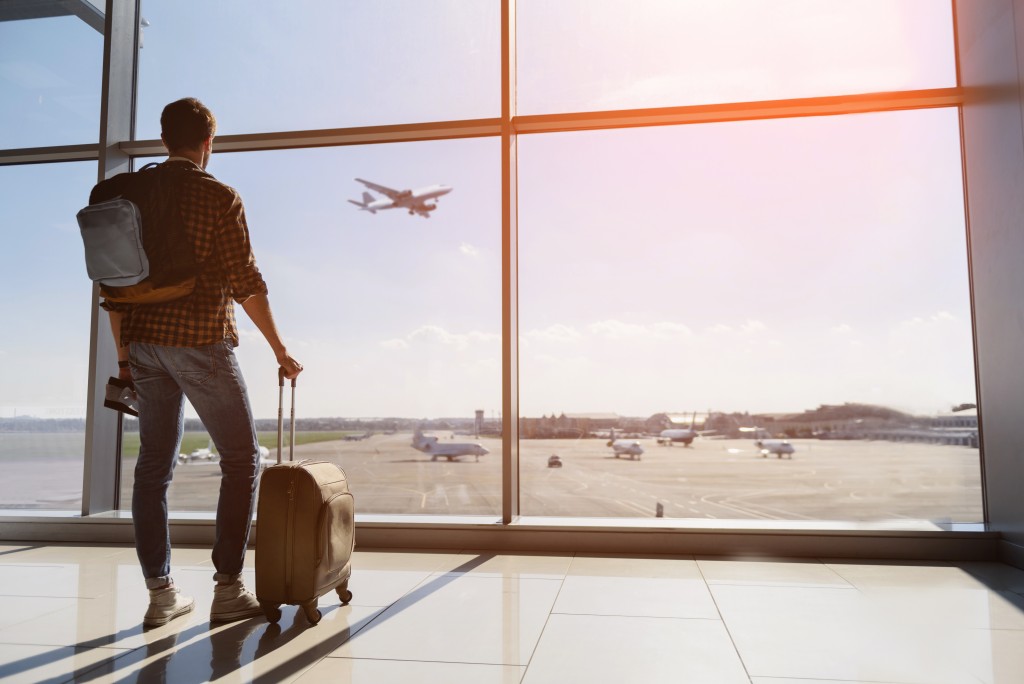Though the mantra “less is more” has been around for decades, today, it has become something closer to a lifestyle aspiration. The minimalist trend can be seen across Instagram influencers, in brands such as Muji and Uniqlo, and in Marie Kondo’s exhortation to tidy up, to name a few.
Perhaps minimalism is an intermittent impulse rather than a trend. It may be peaking now as a cultural aftershock of the Great Recession. More people, millennials, in particular, might be finding value in learning to live with less.
Minimalism is also of particular interest to the modern man.
Manhood is the opposite of childhood. Yet many men struggle to abandon their boyish attachments. They mature physically but cling inwardly to the idea that money, possessions, and status make them better.
By taking a minimalist approach to life, a man can discard those crutches and forge their way towards manhood and internal maturity.
Yet minimalism should remain a tool for men to use sparingly.
A matter of definition
The problem with strict minimalism is that it shades material possessions with a negative cast. Excess is equated with indulgence. Stripping down to the bare essentials becomes a virtue.
Through all this, your identity, and your manhood, remains defined by your possessions. In the case of minimalism, it’s implied that the lack thereof makes you a man.
That implication borders on the absurd because not every man can have a one-size-fits-all lifestyle.
The fiercest male advocates of minimalism tend to be relatively well-off bachelors. You, too, would probably find it easier to dispose of your belongings and live like a nomad if you had a fat wallet and no children to support or shelter.
Wealth gives us options, including the option to live small. A poor man tends to accumulate possessions because they offer a buffer against risk.
Stuff that others might consider clutter could substitute in a pinch for appliances that break down when you don’t have the cash to immediately buy a brand-new replacement. Maybe you hold on to ill-fitting clothes because you don’t get to buy new ones on a whim.
The occasional fix

Having minimalist tendencies can nevertheless be beneficial in ways that have little to do with your manly identity. For instance, by consuming less, you pursue a more sustainable lifestyle and help save the planet.
But the application of minimalism is at its best when it can stimulate change and inspire transformation.
This is why travel can be an effective pathway. People travel to experience novelty, be stimulated, and learn.
Practicing minimalism as you travel is a way to push yourself even further out of your comfort zone. It encourages you to reflect on what you really need as you’re thrust into unfamiliar situations and interactions. It can even heighten your appreciation of otherwise mundane destinations and adventures and allow you to travel further thanks to lowered expenses.
And because most of us can’t really afford to travel all the time, it serves as an infrequent exercise in minimalism. You don’t have to abandon your manly responsibilities, neglect your well-being, or reduce your capacity to provide for your dependents.
Minimalist travels
Being a minimalist traveler is partly about preparation. There’s freedom to be found in fitting all your needs in a single suitcase or even a backpack.
That will require you to develop the skill of editing. How do you whittle down what you carry and still get by?
Edit on the smallest level of detail. Prioritize things that serve a dual purpose, and you can even be stylish while you’re at it. Photochromic glasses, much like the outdoor solar shades in a sunny house, protect your eyes and enhance your vision without the need for a separate pair of sunglasses.
Manage the big things. If you’re camping, your heaviest items would be the tent, sleeping bag, and backpack. Bring the lightest versions of these, and fill the pack with only the essentials. Your body will be grateful, and carrying less will let you enjoy yourself more on the trail.
This touches on the second beneficial aspect of minimalist traveling. It allows you to focus more on activities and experiences.
Carry fewer devices, and you’ll pay more attention to what’s around you. Bring only one bag, with everything you need packed tightly in it, and you’ll be less tempted to buy stuff on your journeys. That money can be better spent on doing things instead of owning them.
Let minimalism be an intermittent life experience, and it can still help you transform into a better man without having to lead an impoverished existence.




